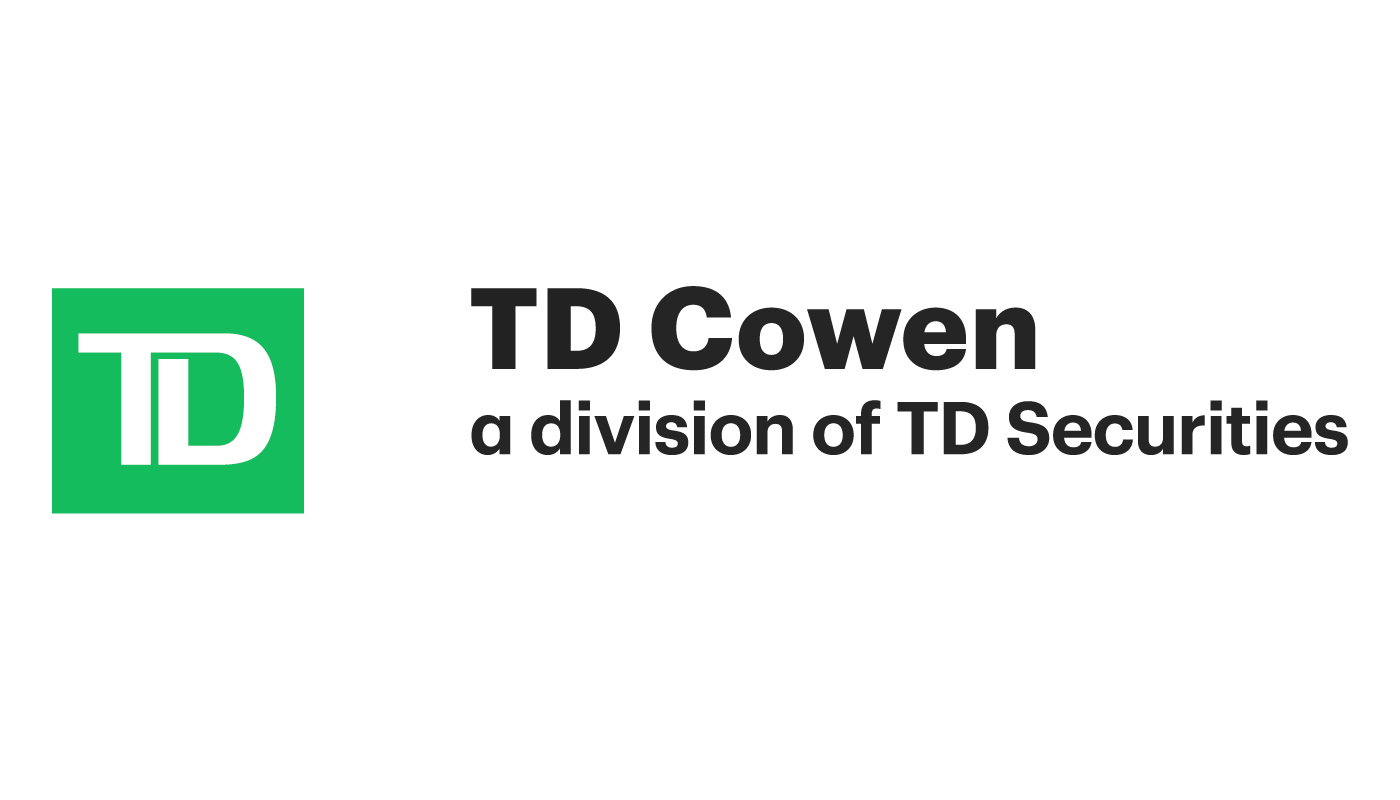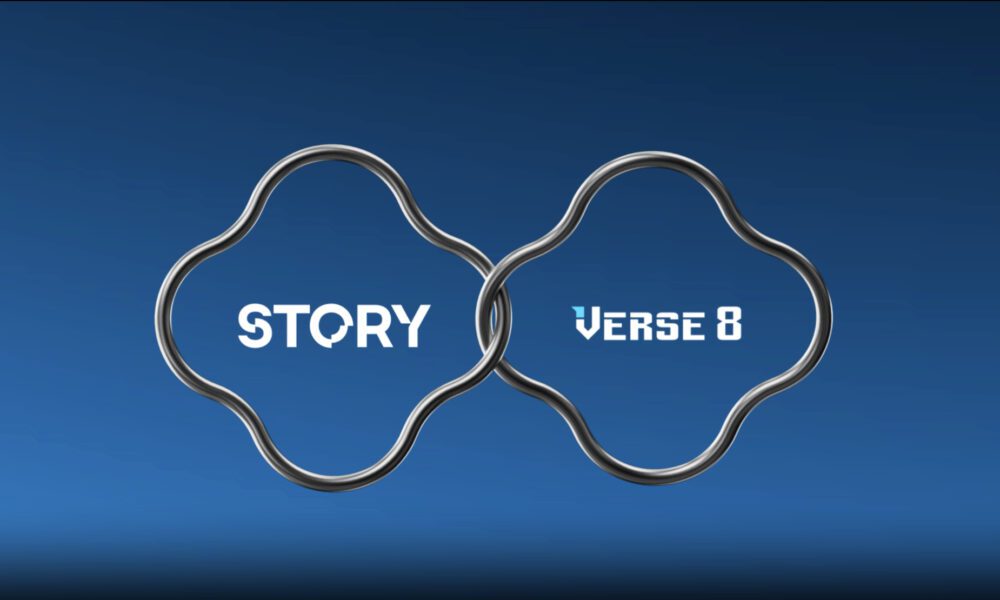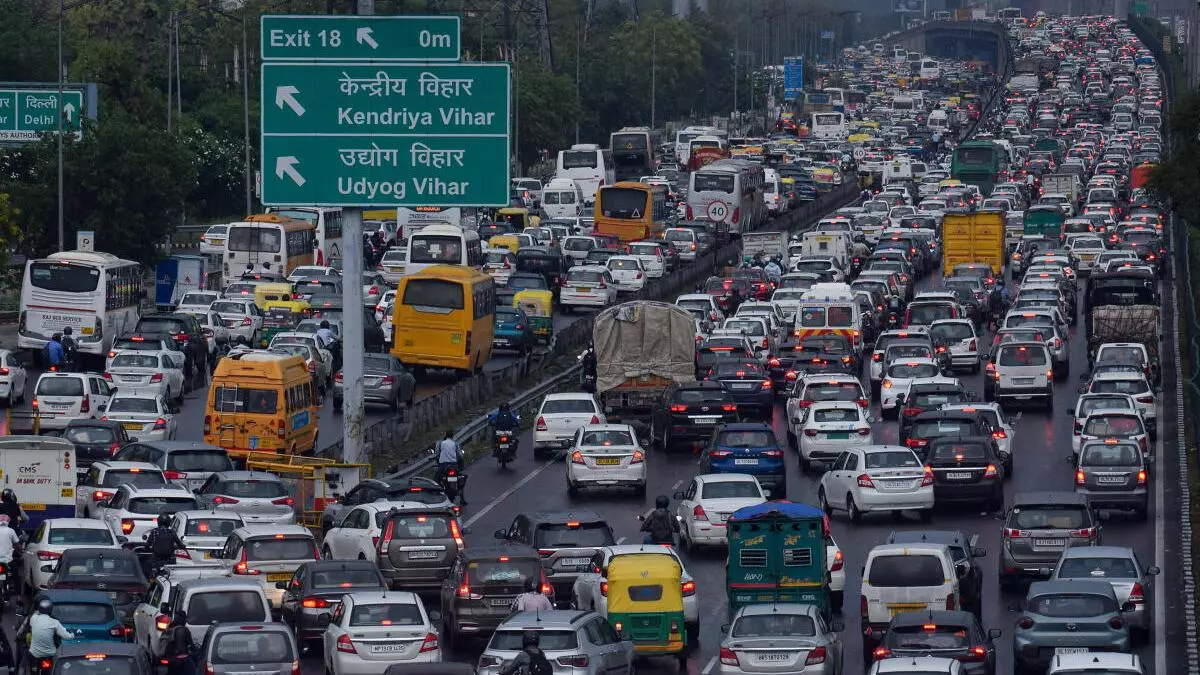The domestic commercial vehicle industry is expected to see single-digit growth in FY2024. The growth will be led by an uptick in buses including electric buses across the country, according to automakers.
The medium and heavy commercial vehicle segment is expected to grow between 8 to 10 per cent on the backdrop of an increase in infrastructure development.
“The industry volumes are still below the peak of FY19 while the commercial vehicle industry grew in FY23. We expect the first quarter there may be a de-growth because of prebuy effect, the transition into BS6 2, and the price increase that has happened. One would see growth in Q2, Q3, and Q4,” said Girish Wagh, Executive Director of Tata Motors during the earnings call.
- Also read: Auto sales on the premium lane
Wagh added, ”There are good tailwinds for the industry and the growth may vary across segments throughout the year. The highest growth could happen in buses because the buses are still at a lower level followed by medium and heavy commercial vehicles.”
The commercial vehicle industry is expected to grow between 7 to 10 per cent, according to credit rating agency ICRA.
“The major impact of the scrappage policy is expected in the CV segment, especially passenger carriers, as the usage of other vehicles such as two-wheelers, and passenger vehicles beyond 15 years would be limited. ICRA estimates the population of medium and heavy commercial vehicles (M&HCV) older than 15 years at about ~1.1 million units currently, offering significant potential for scrappage,” said Kinjal Shah, Vice President & Co Group Head, Corporate Ratings, ICRA Limited.
- Also read: Passenger vehicle retail sales dip 1% in April: FADA
Shah added, “Even if a proportion of these vehicles gets scrapped, and with mandatory scrapping of the government vehicles, it can offer a fillip to new vehicle sales by spurring replacement demand.”
The electric bus segments that are largely being used by the government are also seeing demand uptick from retail consumers.
“There is an increasing interest in private customers of electric buses because many corporates have also started moving towards net zero goals for greenhouse emission,” added Wagh.
“Impact from an increase in interest rates, impact on rains from El-Nino, rise in inflation, increase in competition, the fall-out from global recession resulting in a slowdown in the growth of the Indian economy,” said Himanshu Singh, Research Analyst, Prabhudas Lilladher Pvt Ltd.
- Also read: India can overtake US, China as top automobile manufacturer in the next 5 years: Maruti Suzuki’s RC Bhargava






































